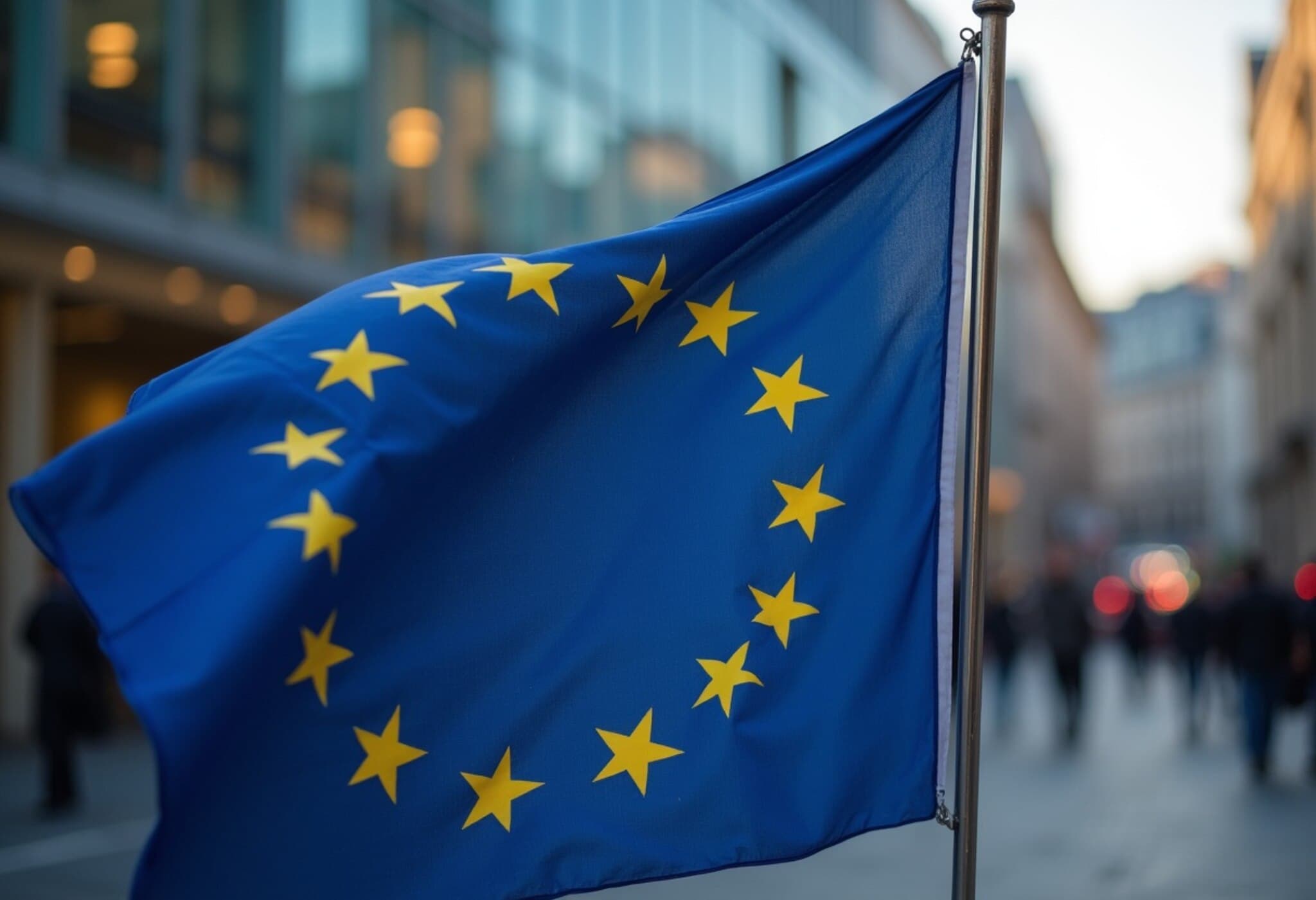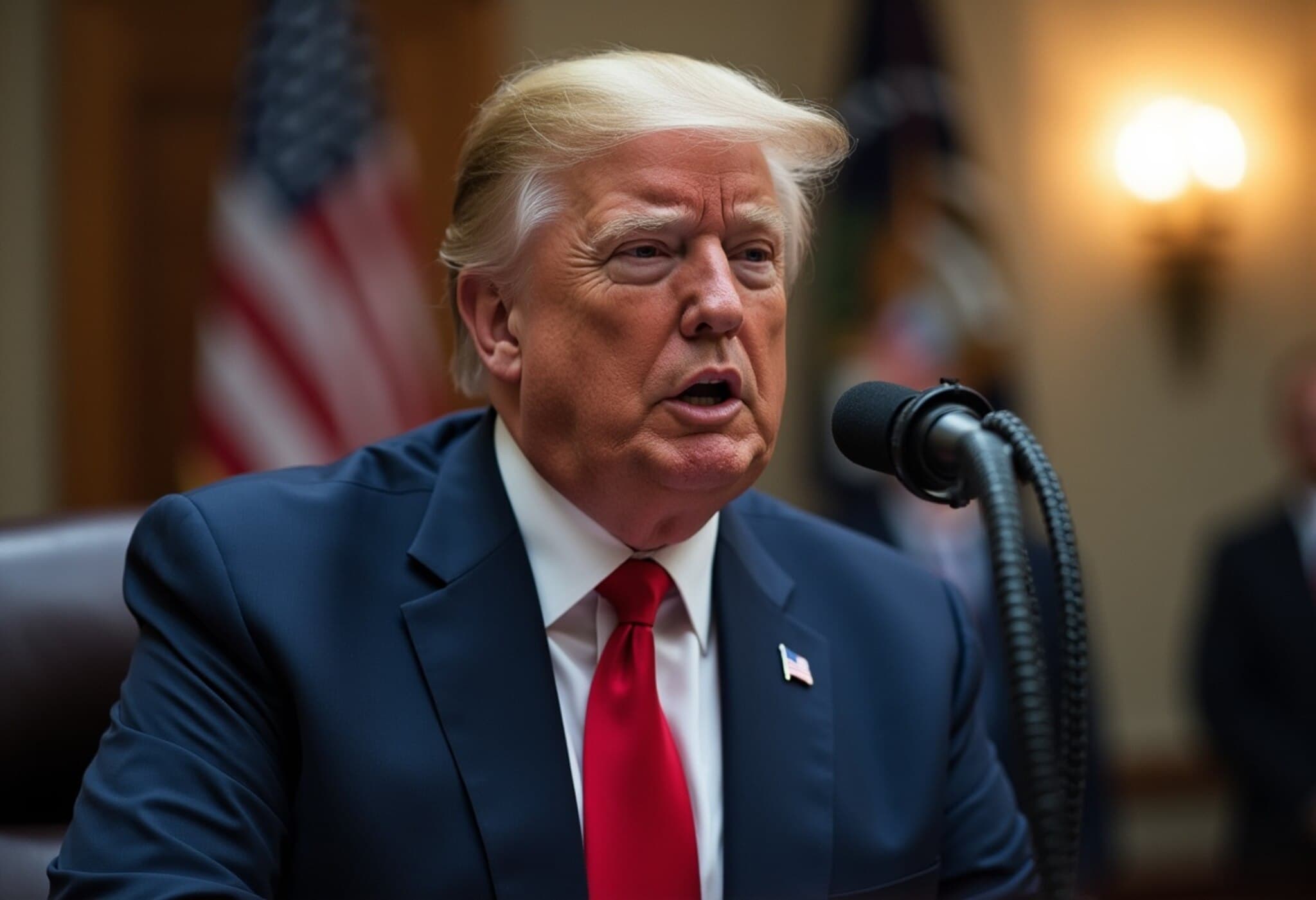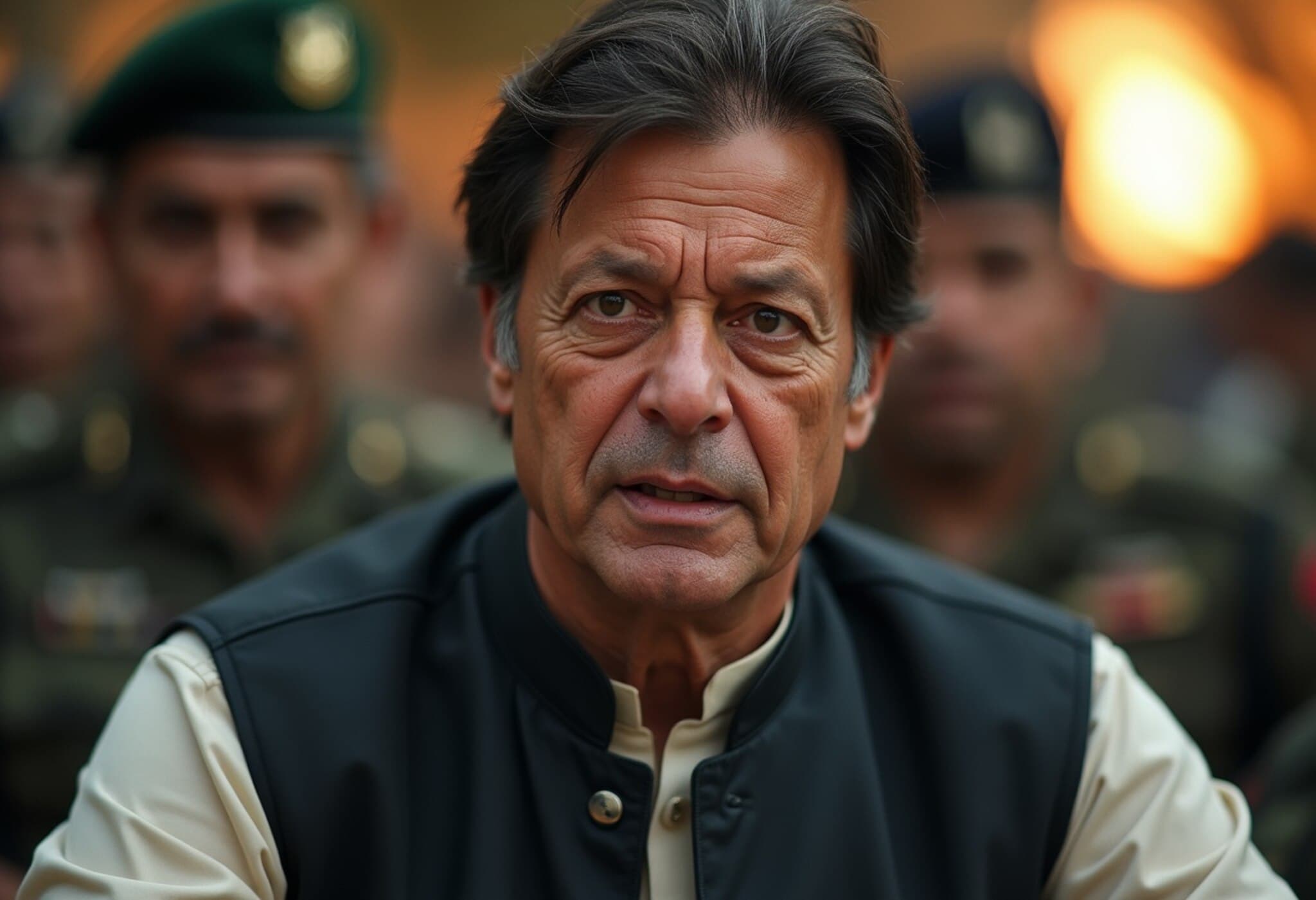European Union Proposes Historic €2 Trillion Budget Emphasizing Defense
On July 16, 2025, the European Commission introduced a landmark budget proposal amounting to €2 trillion ($2.31 trillion), set to steer the bloc’s economic, environmental, and security trajectory for the coming seven years, starting in 2028.
Balancing Today’s Realities and Tomorrow’s Challenges
European Commission President Ursula von der Leyen, speaking in Brussels, characterized this proposal as a plan shaped by the pressing realities of the moment combined with foresight into future challenges. The budget targets broad priorities, allocating roughly 35% to climate and biodiversity initiatives—a reflection of Europe’s ongoing green commitments amid global environmental urgency.
Defense Spending Sees Unprecedented Increase
Perhaps most striking is the significant leap in defense and space funding. Von der Leyen announced a proposed allocation of €131 billion for defense investments, funded through the newly created European Competitiveness Fund. This figure represents an approximate fivefold increase over current defense expenditures within the EU budget.
In context, this move acknowledges Europe's strategic recalibration in response to intensifying geopolitical tensions. The bloc is entering what von der Leyen termed an "era of rearmament," envisaging the mobilization of up to €800 billion in defense investments via loans and supplementary programs. Such a development underscores a paradigm shift from previously limited EU defense spending.
Innovative Revenue Streams to Support the Ambitious Budget
Rather than increasing member state contributions— which will remain stable— the Commission proposes tapping into five new revenue channels expected to generate approximately €58.5 billion annually. These include:
- Levies on uncollected electronic waste
- New duties on tobacco products
- A lump-sum contribution from major companies, averaging €6.8 billion per year
Additionally, the budget safeguards income support for agricultural sectors such as farmers and fishermen and plans a substantial tripling of migration management funding to €34 billion. Support for Ukraine remains significant with a proposed €100 billion allocation.
Potential Roadblocks and Diverse Reactions Among Member States
Although the blueprint is bold, it faces a complex approval process requiring unanimous consent from all EU member states and ratification by the European Parliament. Given this, it could undergo considerable modification before coming into effect.
Reflecting caution, Dutch Finance Minister Eelco Heinen voiced that the proposal’s scope is "too high," suggesting a need to prioritize more efficient use of existing resources rather than expanding the budget.
Expert Perspective: A Milestone with Limits
Macro-economic expert Carsten Brzeski from ING Research highlighted the proposal’s unprecedented nature, calling it a "breakthrough" as it represents the EU’s largest budget relative to GDP to date. However, he also noted that the 1.26% of the bloc’s gross national income (GNI) represented by this budget falls short of the European Parliament’s recommended 2% threshold, which would more fully meet the bloc’s investment needs.
Brzeski emphasized that despite the increased EU budget, national governments and private investors will still play critical roles in financing Europe’s defense and economic priorities moving forward.
Why This Matters: Broader Implications for the EU and Beyond
This budget proposal signals Europe’s strategic pivot toward greater autonomy and collective security, particularly amid escalating geopolitical uncertainties and the wake of Russia’s invasion of Ukraine. It further aligns the bloc’s financial commitments with global challenges—from climate change to migration crises—while balancing political sensitivities among diverse member states.
For US and global observers, this marks a significant step in EU integration efforts and defense policy, potentially impacting transatlantic relations and global security dynamics.
Editor’s Note
The European Union’s proposed €2 trillion budget is more than just numbers—it reflects a historic recalibration of priorities through an ambitious blend of climate action, defense buildup, and social funding. Yet, the journey ahead remains uncertain, given the need for consensus among member states with divergent interests.
Key questions linger: Will the EU muster political unity to enact these sweeping changes? Can the bloc’s new revenue measures provide a stable financial base without overburdening citizens or businesses? And how might this funding reshape Europe’s role on the global stage?
As the EU negotiates this pivotal package, careful watch by policymakers, investors, and citizens alike will be essential to understand both its promises and potential pitfalls.












